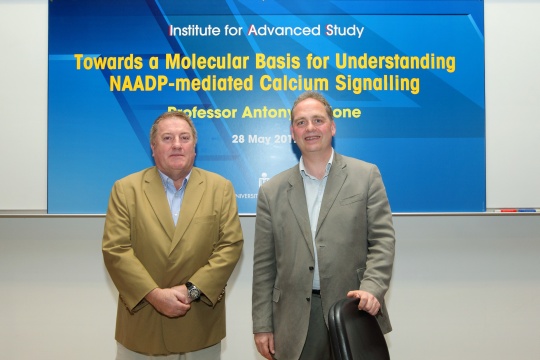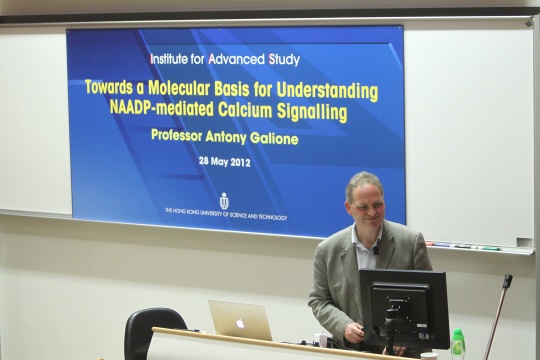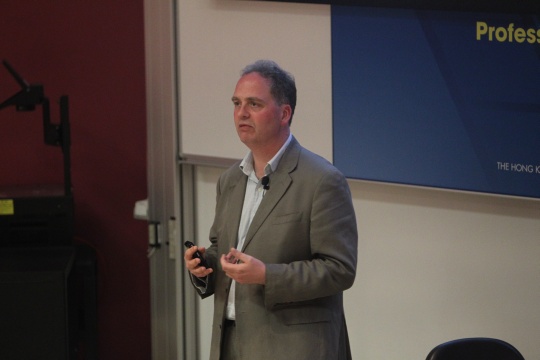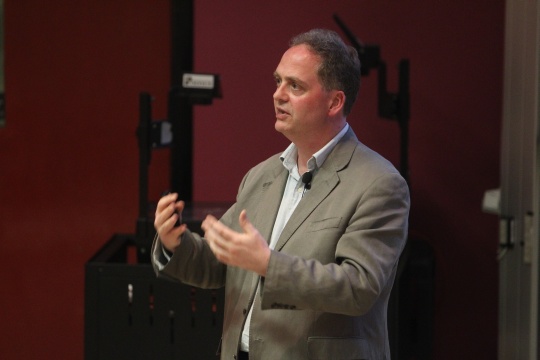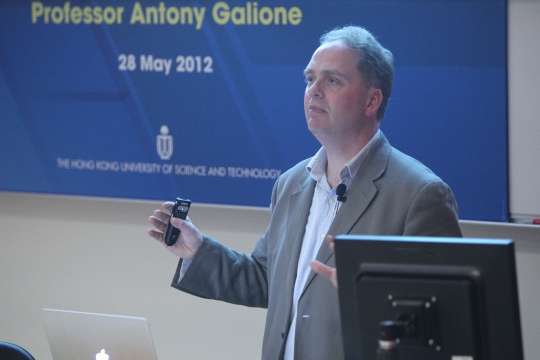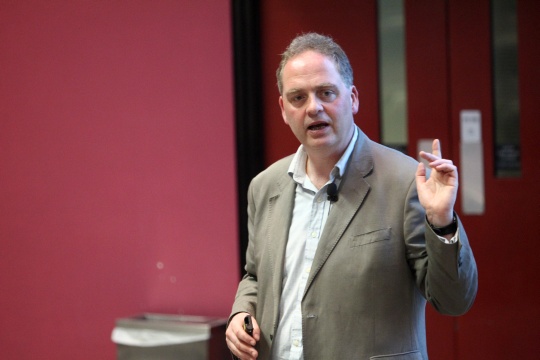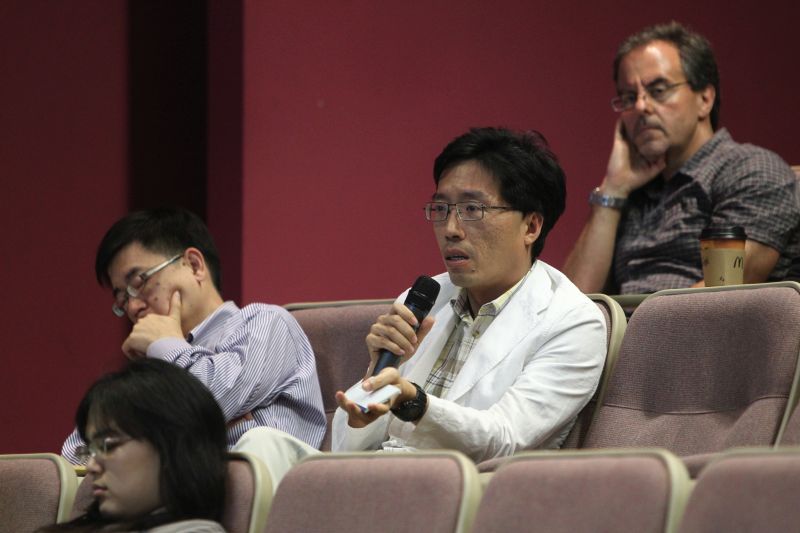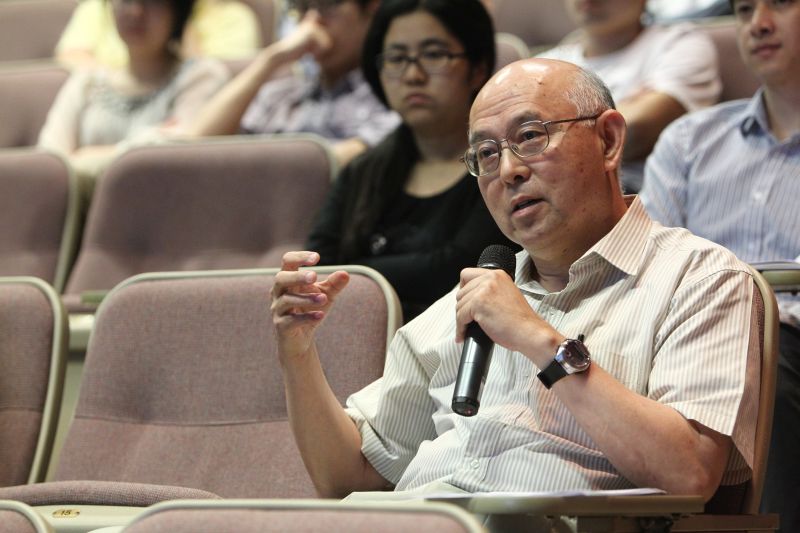Towards a Molecular Basis for Understanding NAADP-mediated Calcium Signalling
Abstract
Of the established Ca2+ mobilizing messengers, NAADP is arguably the most enigmatic. It is the most potent of these messengers, often active at low nanomolar concentrations. In contrast to the other Ca2+ mobilizing messengers such as inositol trisphosphate (IP3) and cyclic ADP-ribose which release Ca2+ from the endoplamic reticulum, NAADP mobilizes calcium principally from acidic stores, including those of the endo-lysosomal system, representing a new function for these organelles. Recent work has identified a new class of calcium release channel, the two pore channels (TPCs), as the likely targets for NAADP. These channels are endolysosomal in localization where they mediate local Ca2+ release. Three distinct roles of these NAADP-regulated channels have been identified. The first is to regulate local Ca2+ release that may play a role in endolysosomal functions including fusion and trafficking. The second is to trigger global Ca2+ release by recruiting Ca2+ -induced Ca2+ release (CICR) channels at lysosomal-endoplasmic reticulum junctions. The third is to regulate plasma membrane excitability by the targeting of Ca2+ release from sub-plasma membrane stores to activate plasma membrane calcium-activated channels.
In this talk, the speaker will discuss the role of lysosome-based NAADP-mediated Ca2+ release as a widespread trigger for intracellular calcium signalling, and how studies of TPCs have enhanced our understanding of the molecular mechanisms behind this process.
About the speaker
Prof. Antony Galione received his PhD from University of Cambridge in 1989. He joined the University of Oxford in 1991, became a Professor of Pharmacology in 2002, and has been the Chair of the Department since 2006.
Prof. Galione’s principal research interest has been in the regulation of intracellular calcium signaling by cyclic ADP-ribose and NAADP, This work has led to the identification of new biochemical pathways controlling calcium signals that regulate processes as diverse as fertilisation, secretion, contractility and neuronal excitability. He has published over 100 peer reviewed research papers, with many appearing in journals such as Nature, Science, and Cell.
Prof. Galione was the recipient of the Novartis Prize of the British Pharmacological Society in 2001. He was elected a Fellow of the UK’s Academy of Medical Sciences in 2010.

